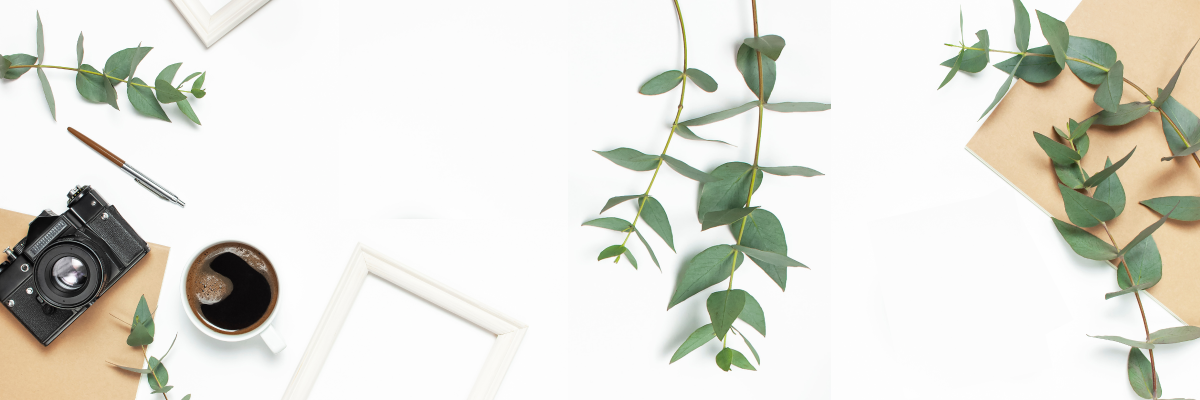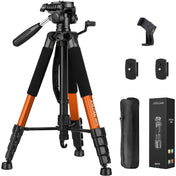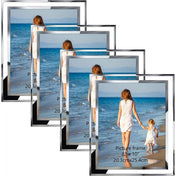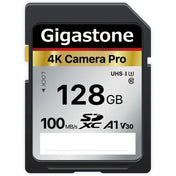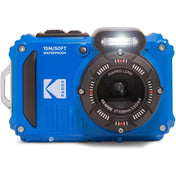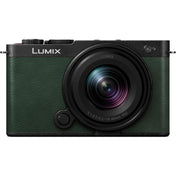Are you a photography enthusiast looking to delve deeper into the world of photography equipment? The age-old debate between film photography and digital photography cameras is one that continues to spark intrigue among both beginners and professionals. Each of these camera types comes with its unique characteristics, benefits, and drawbacks. Let’s dive into a comprehensive comparison of film photography versus digital photography cameras to help you make an informed decision for your photography journey.
Image Quality
When it comes to image quality, both film and digital cameras offer their distinct advantages. Film photography is celebrated for its classic, timeless aesthetic that many photographers find irresistible. The grain, color rendition, and dynamic range of film can create a nostalgic and artistic feel in photos that digital cameras often struggle to replicate. On the other hand, digital cameras provide unparalleled sharpness, clarity, and consistency in image quality, allowing for precise control over details and post-processing possibilities.
Cost and Convenience
A significant factor to consider when choosing between film and digital cameras is cost and convenience. Film photography can be more expensive in the long run due to the recurring costs of film rolls, developing, and printing. Additionally, the process of shooting on film requires patience and careful consideration with limited opportunities for immediate review and adjustments. In contrast, digital photography offers instant feedback, unlimited shots, and the convenience of editing and sharing photos on the go.
Creativity and Control
Creativity knows no bounds when it comes to photography, and both film and digital cameras cater to different creative preferences. Film photography often encourages a more thoughtful and deliberate approach to shooting, as each frame is precious and requires careful composition. The analog nature of film can inspire experimentation with various film stocks, formats, and manual settings. Conversely, digital cameras provide photographers with instant gratification, offering advanced features like live view, autofocus, and customizable shooting modes for greater control over the creative process.
Learning Curve
Film Photography
Mastering the art of film photography involves a steep learning curve that requires patience and practice. From understanding different film types and their characteristics to learning to meter light manually, film photography demands meticulous attention to detail and technical proficiency. Developing film rolls and making prints in a darkroom adds an element of hands-on craftsmanship that can be both challenging and rewarding for those willing to invest the time and effort.
Digital Photography
In comparison, digital photography offers a more accessible learning curve for beginners due to its immediate feedback and user-friendly interfaces. The digital workflow allows for quick experimentation with settings, instant review of images, and the flexibility to adjust parameters like exposure, white balance, and ISO on the fly. While mastering the technical aspects of digital photography is essential for achieving optimal results, the digital realm provides a more forgiving environment for learning and honing photography skills.
Longevity and Preservation
Another critical aspect to consider when choosing between film and digital photography is the longevity and preservation of your captured memories. Film negatives have stood the test of time, with well-preserved negatives lasting for decades without losing quality. Analog prints and slides also offer a tangible and archival way to preserve your photographs for future generations. On the other hand, digital files are susceptible to data corruption, technological obsolescence, and hardware failures, making it essential to back up and migrate digital images regularly to ensure their long-term preservation.
Environmental Impact
As our awareness of environmental sustainability grows, the eco-friendliness of photography practices has become a significant consideration for many photographers. Film photography introduces the use of chemical processes in film development and printing, which can have environmental implications if not handled responsibly. Digital photography, while reducing the use of physical materials like film rolls and photo paper, relies on electronic devices that contribute to e-waste concerns. Choosing eco-friendly practices like using recyclable film packaging or recycling electronic equipment responsibly can help mitigate the environmental impact of your photography pursuits.
Personal Preference and Artistic Vision
Ultimately, the decision between film and digital photography cameras boils down to personal preference and artistic vision. Some photographers are drawn to the authentic and tactile experience of shooting on film, while others prefer the convenience and versatility of digital technology. Your choice of camera type should align with your creative goals, style preferences, and willingness to embrace the unique characteristics and challenges of each medium. Experimenting with both film and digital cameras can also open up new avenues for artistic exploration and growth in your photography journey.
Embracing Versatility and Tradition
Whether you choose to embark on the analog adventure of film photography or embrace the digital revolution, both camera types offer distinctive opportunities for creativity, expression, and technical mastery. By exploring the nuances of film and digital photography, you can enrich your photography skills, broaden your artistic horizons, and capture moments in ways that resonate with your unique vision as a photographer. So, are you ready to embark on this captivating journey of exploration and discovery through the lens of film or digital photography? The choice is yours to make, and the possibilities are endless. Happy shooting!

